Huiyang Zhou
In-Place Zero-Space Memory Protection for CNN
Oct 31, 2019
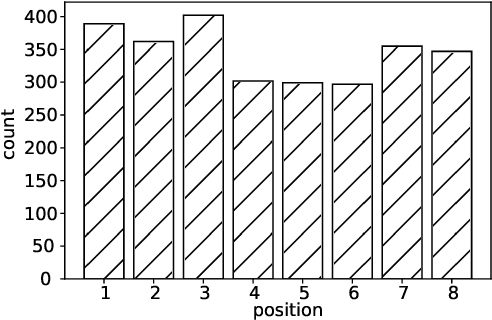
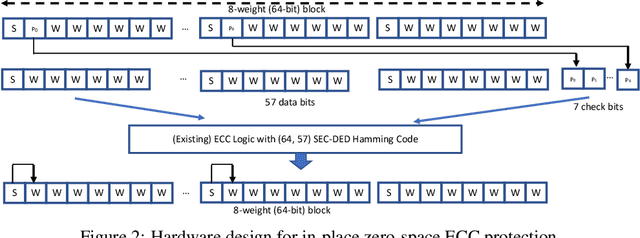
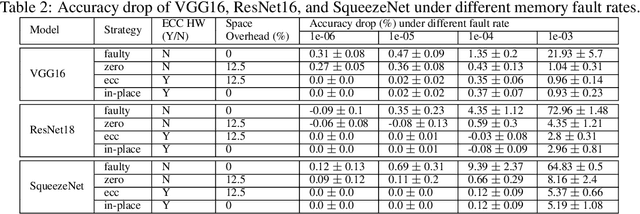
Abstract:Convolutional Neural Networks (CNN) are being actively explored for safety-critical applications such as autonomous vehicles and aerospace, where it is essential to ensure the reliability of inference results in the presence of possible memory faults. Traditional methods such as error correction codes (ECC) and Triple Modular Redundancy (TMR) are CNN-oblivious and incur substantial memory overhead and energy cost. This paper introduces in-place zero-space ECC assisted with a new training scheme weight distribution-oriented training. The new method provides the first known zero space cost memory protection for CNNs without compromising the reliability offered by traditional ECC.
Optimizing Memory Efficiency for Deep Convolutional Neural Networks on GPUs
Oct 12, 2016
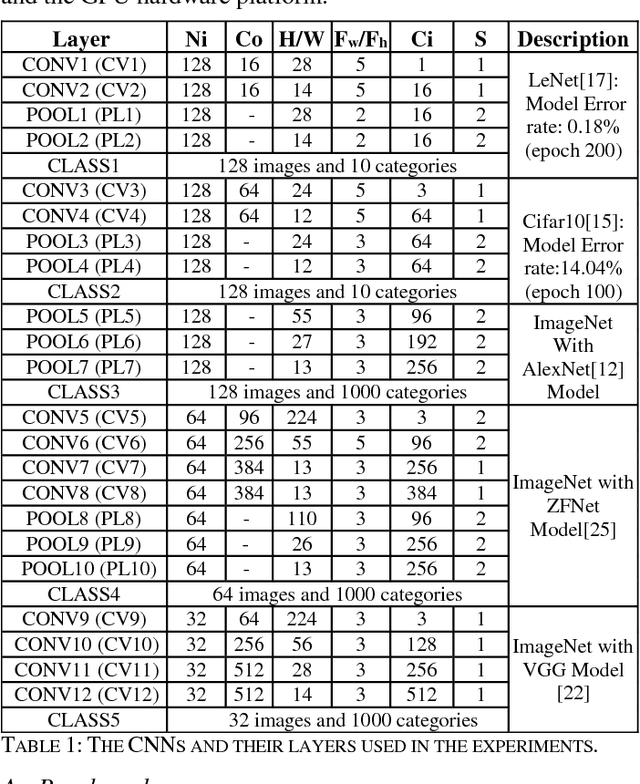
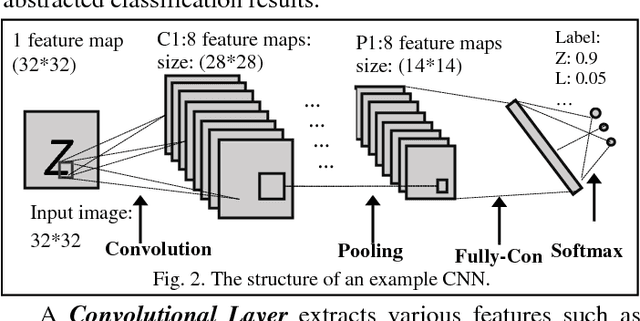
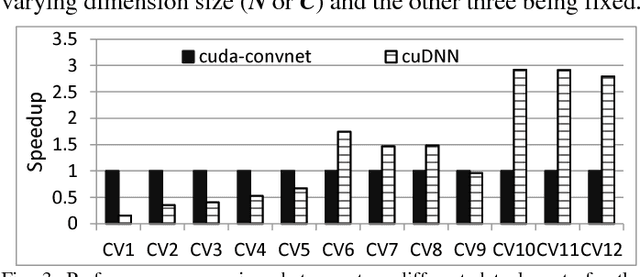
Abstract:Leveraging large data sets, deep Convolutional Neural Networks (CNNs) achieve state-of-the-art recognition accuracy. Due to the substantial compute and memory operations, however, they require significant execution time. The massive parallel computing capability of GPUs make them as one of the ideal platforms to accelerate CNNs and a number of GPU-based CNN libraries have been developed. While existing works mainly focus on the computational efficiency of CNNs, the memory efficiency of CNNs have been largely overlooked. Yet CNNs have intricate data structures and their memory behavior can have significant impact on the performance. In this work, we study the memory efficiency of various CNN layers and reveal the performance implication from both data layouts and memory access patterns. Experiments show the universal effect of our proposed optimizations on both single layers and various networks, with up to 27.9x for a single layer and up to 5.6x on the whole networks.
 Add to Chrome
Add to Chrome Add to Firefox
Add to Firefox Add to Edge
Add to Edge